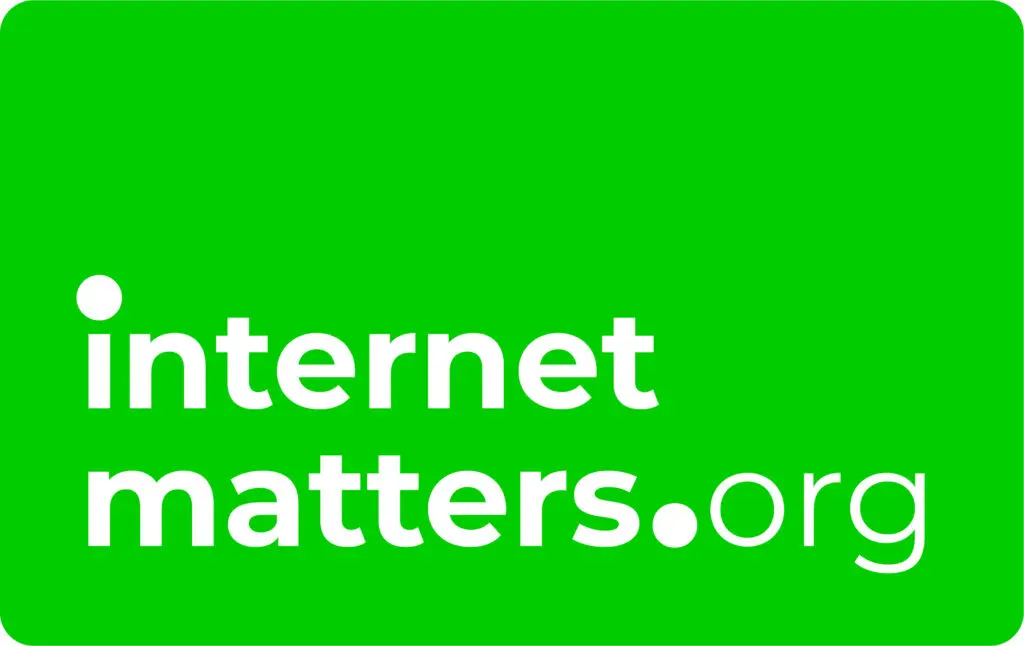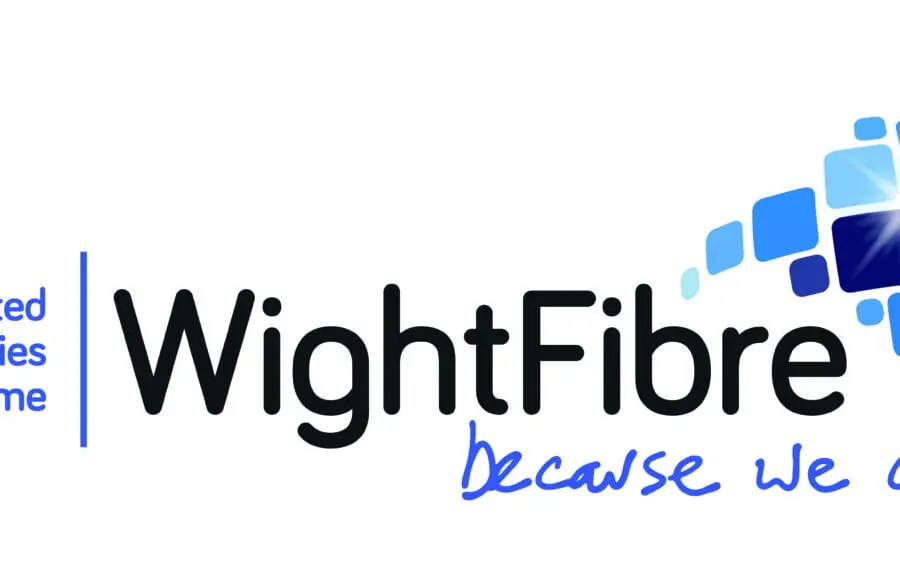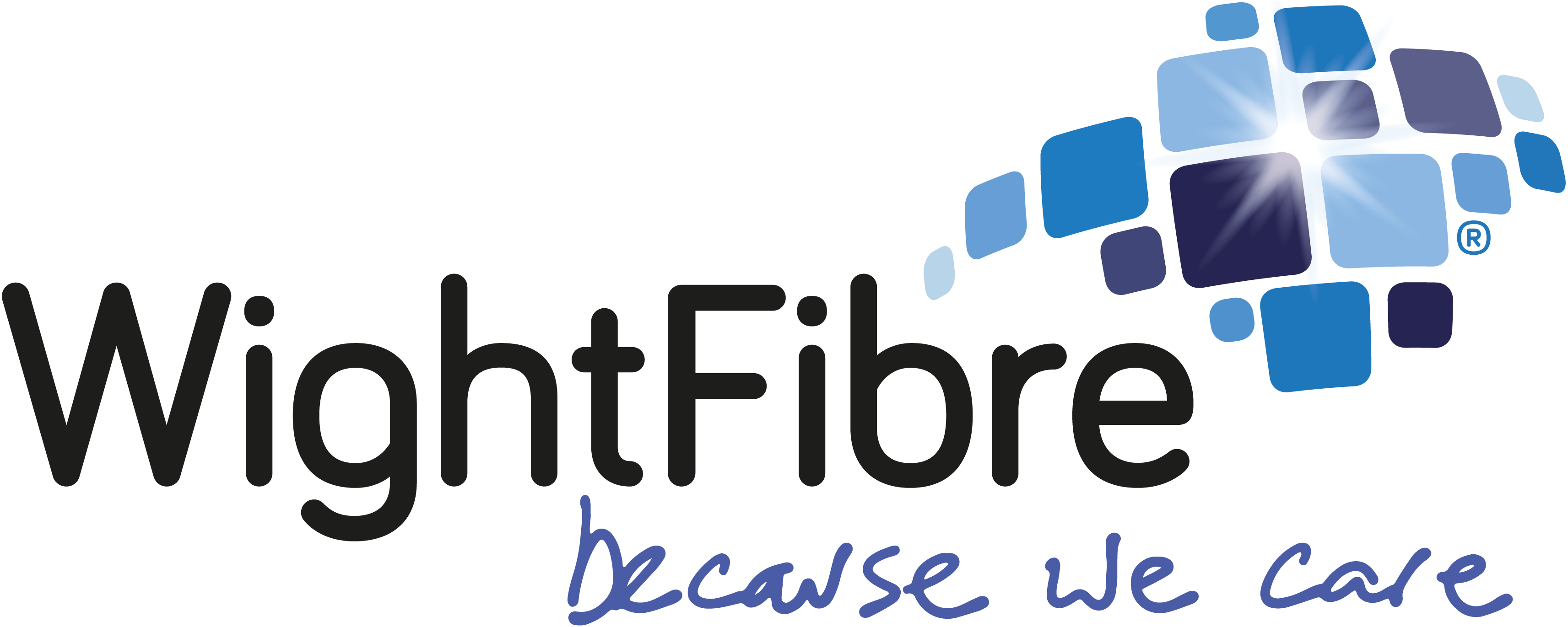What is the Internet Matters 2024 Report?
What is Internet Matters?
WightFibre has partnered up with Internet Matters, a leading online safety organisation, that aims to support parents and guardians in managing their children’s digital presence effectively. Internet Matters is dedicated to empowering parents and carers with the knowledge and tools needed to navigate the complexities of the digital world. Their goal is to ensure that children can safely benefit from the internet while minimising potential risks. The organisation offers a variety of resources, including guides, advice, and practical tools, to help families address online safety concerns comprehensively.
Internet Matters Manifesto States:
“We’re not just Internet Matters, we’re parents too. And to all the parents and carers out there, we get it. We get how hard it is to stay on top of internet safety. We’re here to help you through every privacy setting update, and each new platform you need to get your head around. To remind you of the difference you make with each and every chat.”

Internet Matters has recently released their third annual Digital Wellbeing Index report, produced by BMG Research. This comprehensive report, based on a nationally representative survey of 1,000 families across the UK, explores the impact of digital technology on children’s physical, social, emotional, and developmental wellbeing. Key findings from the report include:
Positives:
- An overall improvement in children’s digital wellbeing, with increased confidence, creativity, and empowerment from online activities.
- 2/3 of children say that spending time online makes them feel mostly happy
- 75% of children view technology and the internet as important to their independence
Negatives:
- Concerns over rising screen time and its impact on family-oriented time and children’s health, including sleep disturbances.
- A significant number of children reporting unwanted contact from strangers, particularly among teenage girls.
- Continued exposure to harmful online experiences, with 67% of children reporting such incidents.

What Does This Mean Going Forward?
- Children often turn to their parents as their primary source of support. Parents, who understand their children best, play a crucial role in guiding their online behaviour. Therefore, policymakers must prioritise strengthening these parent-child relationships.
- Two-thirds of children report online harms, underscoring the collective responsibility of tech companies, government, regulators, parents, and teachers. While addressing severe harm is crucial, tackling everyday issues is equally important for safeguarding children’s wellbeing.
- Effective online safety education often occurs through schools. Yet not all schools possess the necessary expertise and resources for quality instruction. The Government, especially the Department for Education, must ensure all students acquire the essential digital skills for success in today’s world.

What Can Parents Do?
- Regularly talk to your children about their online experiences. Encourage them to share what they do online, who they interact with, and any issues they encounter.
- Set reasonable limits on the amount of time your children spend on their devices to prevent excessive use and promote a balanced lifestyle (This can be done in the Plume: Control settings in the HomePass App)
- Understanding media literacy is crucial for children’s online safety. Parents should advocate for education policies that equip children with digital skills. It’s also important for parents to grasp these skills themselves, to better combat potential future problems.

By providing resources and raising awareness, we can ensure that families have the support they need to navigate the digital world safely. Families can download the complete Digital Wellbeing Index report and use online tools using this link: https://www.internetmatters.org/advice/ and join the conversation on this important topic. Together, with the support of organisations like WightFibre, we can ensure that every child thrives in a safe and positive digital environment.






